The Critical Role of Data Collection in Cannabis Horticulture:
Cannabis cultivation has evolved from a clandestine activity to a legitimate industry, with a growing emphasis on scientific approaches to maximize yields, potency, & quality.
One key driver of success in this burgeoning field is the meticulous collection & analysis of data throughout the cultivation process.
1️⃣ Precision Agriculture
Data collection enables precision agriculture in canna horticulture, allowing cultivators to fine-tune variables such as nutrient levels, water usage, & environmental conditions. By leveraging sensors, automation, & analytics, growers can optimize resource allocation, resulting in healthier plants & higher yields.
2️⃣ Strain-Specific Insights
Different cannabis strains exhibit unique growth patterns & cannabinoid profiles. Rigorous data collection provides insights into the specific needs of each strain, empowering cultivators to tailor cultivation practices for optimal results. This personalized approach enhances the quality & consistency of the final product.
3️⃣ Pest & Disease Management
Early detection & prevention of pests & diseases are critical in cannabis cultivation. Data-driven monitoring systems can detect anomalies in plant health, enabling proactive intervention. Timely identification of issues minimizes crop loss, reduces the need for pesticides, & ensures a healthier, more sustainable cultivation environment.
4️⃣ Regulatory Compliance
Accurate data collection & record-keeping are essential for compliance with local & national standards. From tracking the use of pesticides to monitoring environmental conditions, comprehensive data records demonstrate a commitment to quality & safety, fostering trust with consumers & regulatory bodies.
5️⃣ Yield Optimization
Data on variables such as light intensity, temperature, humidity & irrigation help cultivators identify optimal conditions for growth. Through iterative adjustments based on collected data, growers can continually refine their cultivation strategies to achieve higher yields and greater efficiency.
6️⃣ Research & Development
Data collected from cannabis cultivation can contribute to ongoing research & development within the industry. By sharing anonymized data, cultivators can collectively advance the scientific understanding of cannabis horticulture, leading to innovations in breeding, cultivation techniques, & product development.
In the dynamic discipline of cannabis horticulture data collection emerges as a cornerstone for success. From precision agriculture & strain-specific insights to pest management & regulatory compliance, the benefits of a data-driven approach are manifold.
While the industry continues to mature, cultivators who prioritize systematic data collection will not only enhance their own operations but also contribute to the broader knowledge base, ultimately shaping the future of cannabis cultivation.

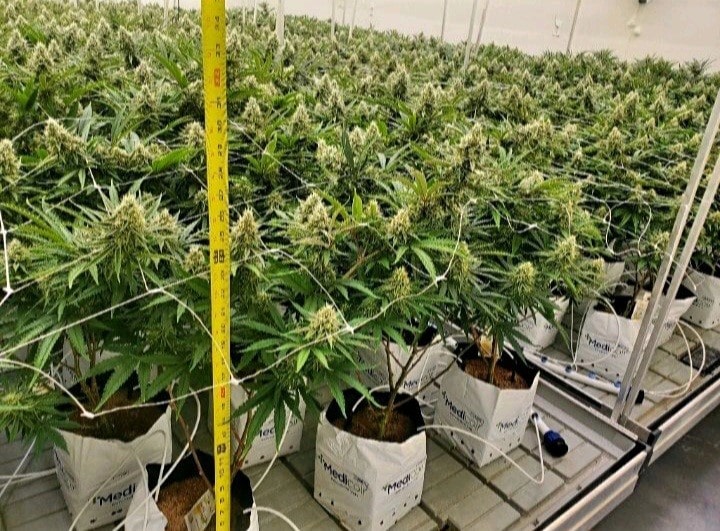

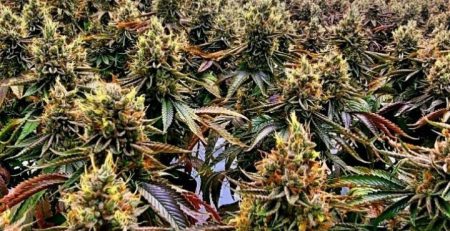


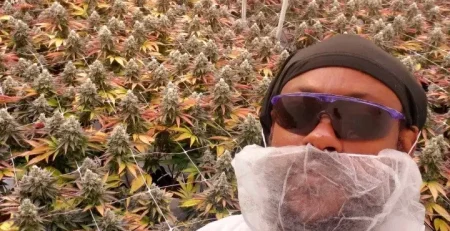
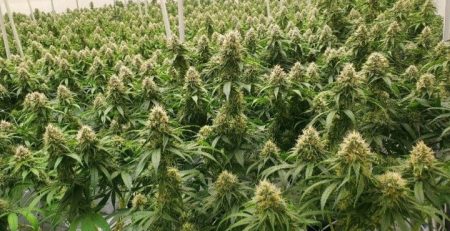
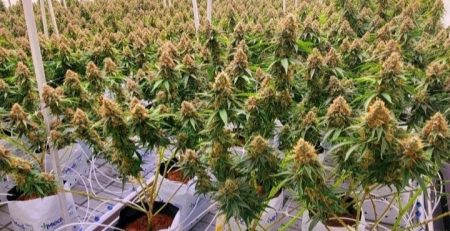
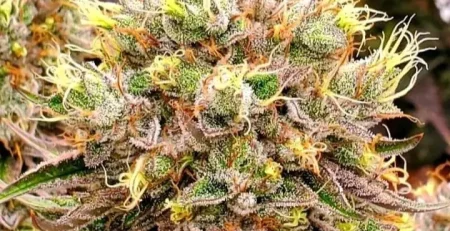


Leave a Reply